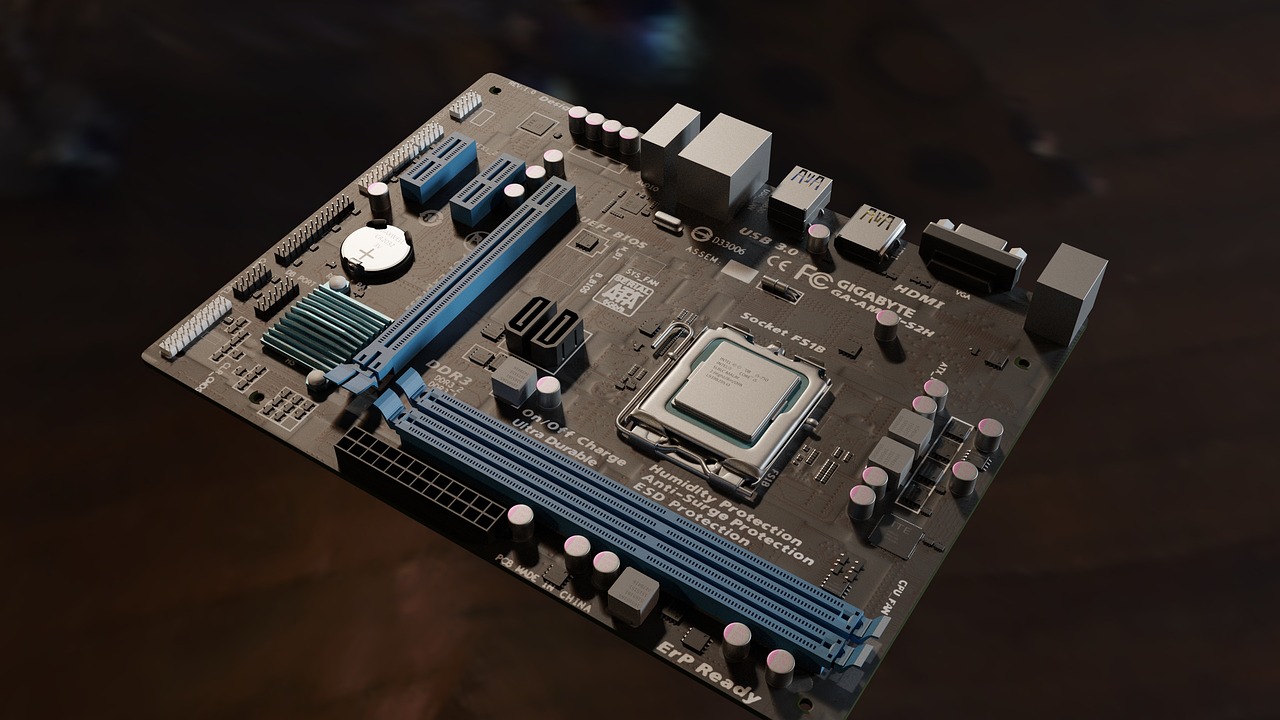Tech for Agriculture: Revolutionizing Farming Practices
In recent years, advancements in technology have had a profound impact on the agriculture industry. From precision farming tools to automated machinery, technology has revolutionized farming practices, increasing efficiency, productivity, and sustainability. In this article, we will explore the various ways in which technology is transforming agriculture and shaping the future of farming.
1. Precision Agriculture
Precision agriculture, also known as precision farming or precision ag, involves using technology to optimize crop yields and reduce waste. This approach allows farmers to make data-driven decisions based on real-time information collected from sensors, drones, and other high-tech devices. By analyzing soil health, moisture levels, and crop performance, farmers can adjust their practices to maximize output while minimizing inputs such as water, fertilizer, and pesticides.
2. Automated Machinery
Automation is another key aspect of modern agriculture. From self-driving tractors to robotic harvesters, farmers can now rely on autonomous machinery to perform tasks more efficiently and accurately than ever before. These advanced machines are equipped with sensors, cameras, and GPS systems that enable them to navigate fields, plant seeds, apply chemicals, and harvest crops with precision.
3. IoT and Big Data
The Internet of Things (IoT) and big data are two technologies that are reshaping the agriculture industry. By connecting devices and equipment to the internet, farmers can monitor and control operations remotely, track inventory, and analyze data in real-time. This wealth of information allows farmers to optimize decision-making, increase productivity, and improve sustainability.
4. Vertical Farming
Vertical farming is a revolutionary approach to agriculture that involves growing crops in vertically stacked layers, often in controlled indoor environments. By using artificial lighting, hydroponic systems, and climate control technologies, vertical farms can produce high yields of fresh produce year-round, without the need for arable land or pesticides. This sustainable farming technique is gaining popularity in urban areas where space is limited.
5. Blockchain Technology
Blockchain technology has the potential to transform the supply chain of agricultural products, making it more transparent and secure. By using blockchain to track the journey of food from farm to table, consumers can trace the origin of their food, verify its authenticity, and ensure its safety. This technology also helps farmers receive fair compensation for their products and eliminates fraud in the supply chain.
6. Smart Irrigation Systems
Water scarcity is a major concern for farmers, especially in regions prone to drought. Smart irrigation systems use sensors, weather data, and automation to deliver precise amounts of water to crops, optimizing water usage and conserving resources. By monitoring soil moisture levels and weather conditions, farmers can ensure that their crops receive the right amount of water at the right time.
7. Robotics and AI
Robots and artificial intelligence (AI) are increasingly being used in agriculture to perform tasks that are labor-intensive or repetitive. From weeding and pruning to sorting and packing, robots can help farmers save time and reduce labor costs. AI algorithms can also analyze data collected from sensors and drones to provide insights that help farmers make better decisions about crop management.
FAQs
1. How is technology changing agriculture?
Technology is transforming agriculture by enabling farmers to optimize resources, increase productivity, and reduce environmental impact. From precision agriculture and automated machinery to IoT and big data, technology is revolutionizing farming practices.
2. What are some benefits of vertical farming?
Vertical farming offers several advantages, including increased crop yields, reduced water usage, and year-round production. By growing crops in controlled indoor environments, vertical farms can produce fresh produce closer to consumers, reducing transportation costs and food waste.
3. How does blockchain technology improve the agricultural supply chain?
Blockchain technology enhances the transparency and security of the agricultural supply chain by enabling traceability, authenticity verification, and fraud prevention. By using blockchain to track the journey of food from farm to table, consumers can trust the quality and safety of the products they purchase.
Overall, technology is playing a crucial role in revolutionizing farming practices and shaping the future of agriculture. By embracing innovation and adopting new technologies, farmers can increase efficiency, productivity, and sustainability, ensuring a more secure food supply for generations to come.





